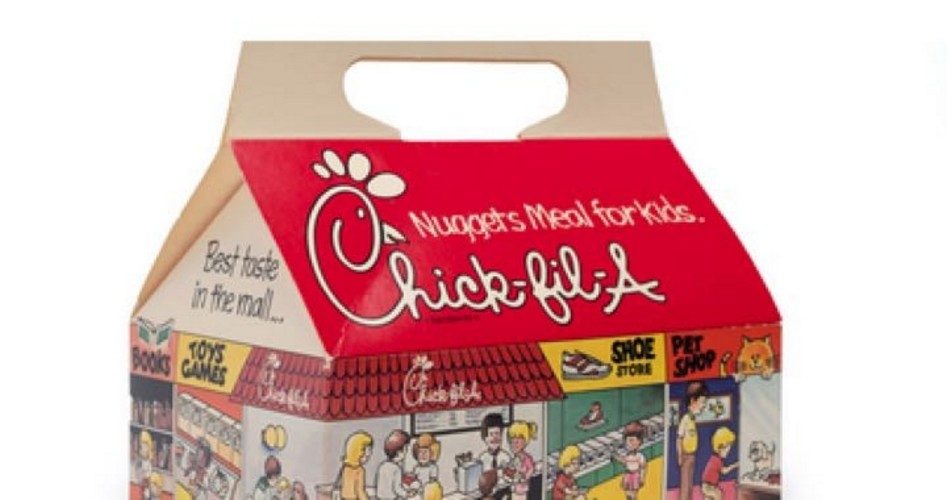
Chick-fil-A has been dropped from food service plans at Buffalo, New York’s Niagara International Airport following complaints by a local politician over the successful fast-food chain’s commitment to traditional family values. The news follows on the heels of a similar decision by the city of San Antonio, Texas, to ban Chick-fil-A from its airport.
On March 28, the Niagara Frontier Transportation Authority (NFTA) and hospitality management company Delaware North had announced plans to add a Chick-fil-A restaurant to the airport’s food service venue. But less than 24 hours later, Delaware North backed out of the proposal after Sean Ryan, a Democrat state legislator from Buffalo, claimed that Chick-fil-A funded “hateful and divisive groups” — specifically those opposed to the normalization of homosexuality.
“I was disappointed to learn of the NFTA’s decision to introduce Chick-fil-A as a restaurant option at the Buffalo-Niagara International Airport,” Ryan wrote in a tweet, adding that “Chick-fil-A has a long history of supporting and funding anti-LGBTQ organizations.”
Ryan went on to note that the city of San Antonio had recently rejected Chick-fil-A for that city’s airport for the same reason, and admonished Buffalo to follow suit, declaring that “NFTA has a responsibility to avoid doing business with corporations who fund hateful and divisive groups.”
Ryan insisted that “allowing a corporation like Chick-fil-A to do business at the Buffalo Niagara International Airport will help to fund continued divisive anti-LGBTQ rhetoric…. The views of Chick-fil-A do not represent our state or the Western New York community, and businesses that support discrimination have no place operating in taxpayer funded facilities.”
Shortly after Ryan’s tweet, Delaware North backed out of the plan, and less than a day after announcing the addition of Chick-fil-A to the airport foodservice, NFTA confirmed that it had dropped the restaurant from the airport.
Ryan followed up with a statement thanking NFTA for its appropriate response to his public bullying. “I applaud the decision that has been made to remove Chick-fil-A from the plans for this project,” read Ryan’s prepared statement. “We hope in the future the NFTA will make every effort to contract with businesses that adhere to anti-discrimination policies, and we’re confident another vendor who better represents the values of the Western New York community will replace Chick-fil-A as a part of this project in the very near future.”
For its part, Chick-fil-A released a statement saying that Ryan’s comments were based on an “inaccurate narrative” about the restaurant chain. “We do not have a political or social agenda or discriminate against any group,” said the restaurant chain. “More than 145,000 people from different backgrounds and beliefs represent the Chick-fil-A brand. We embrace all people, regardless of religion, race, gender, ethnicity, sexual orientation, or gender identity.”
The continuing LGBTQ-driven campaign against Chick-fil-A reaches back to 2012, when the company’s CEO, Dan Cathy, himself a conservative Christian, expressed his disapproval of same-sex “marriage.” His comments during an interview with a Christian publication, along with the restaurant chain’s history of donating to socially conservative causes, sparked a nationwide boycott fueled mostly by homosexual activists groups.
The boycott, however, appears to be having little impact on Chick-fil-A’s success. The Washington Times reported last year that the chicken chain “is on track to become the third-largest fast-food chain in the U.S. and was named the nation’s favorite fast-food restaurant for the third year in a row in last year’s American Customer Satisfaction Index’s Restaurant Report.”


